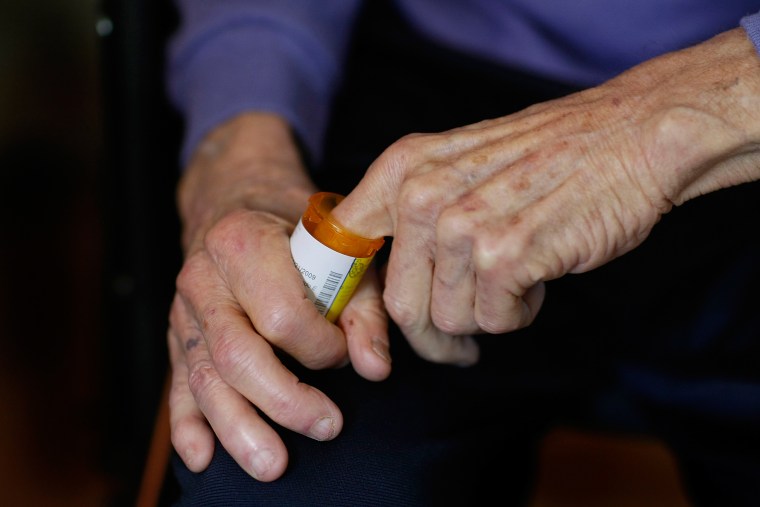When the cost of a popular drug that treats life-threatening parasitic infections increased 5,000 percent, it caused concern for many.
Daraprim fights toxoplasmosis, which infects people whose immune systems have been weakened by AIDS, chemotherapy and pregnancy, according to the Center of Disease Control. It's also used to treat malaria.
Turing Pharmaceuticals of New York bought the drug from Impax Laboratories in August for $55 million and raised the price from $13.50 a tablet to $750.

GlaxoSmithKline sold the drug for about $1 a tablet after being approved by the Food and Drug Administration in 1953. CorePharma bought it in 2010 and Impax Laboratories bought Core and all affiliated companies for $700 million last year.
For some patients, this hike in price brings the annual cost of treatment to hundreds of thousands of dollars. Even those with insurance could be paying $150 a tablet.
Related: Poll Finds Many Blame Pharmaceutical Companies for High Drug Prices
The company will be putting the money it makes into developing better treatments for toxoplasmosis, with fewer side effects. They also plan on investing in marketing and education tools to make people more aware of the disease.
Daraprim isn't the only drug to increase their price in recent months. The average cost of brand-name medications rose 13 percent in 2013, according to a report from the Prime Institute at the University of Minnesota. New cancer drugs now cost over $100,000 a year.
“This isn’t the greedy drug company trying to gouge patients, it is us trying to stay in business,” Martin Shkreli, the founder and CEO of Turing, told the New York Times.